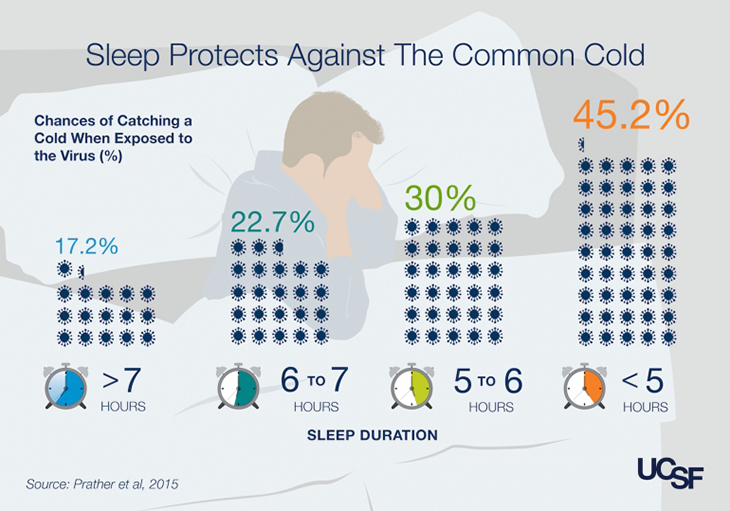MiniJumbuk's wool quilts incorporate Airlight TechnologyTM which helps regulate sleeping temperature.
Leading Australian wool bedding brand and Woolmark licensee MiniJumbuk is reminding consumers that a good night's sleep strengthens the immune system and is therefore integral to building a good defence against colds and the flu.
We all know that when we have a good night's sleep it makes us feel and function better during the day, but did you know sleep is integral in building your immune system too? Studies1 have shown that people who get poor quality sleep are more prone to catching colds and flu viruses.
With that in mind, an easy way for all of us to increase our immune system and health is through improving the quality of our sleep each night.
SLEEP AND THE IMMUNE SYSTEM
The science shows that while you sleep, your immune system produces proteins called cytokines, a specific type of protein that helps fight against colds, flu viruses and other infections to keep you healthy.
A study conducted by The University of California2 found evidence that indicated poor sleep was the number one factor in determining whether someone would get sick after being exposed to the cold virus.
The study showed subjects who slept less than six hours a night were 4.2 times more likely to catch a cold compared to those who got more than seven hours of sleep – see graphic below.

WOOL AND IMPROVED SLEEP QUALITY
MiniJumbuk Managing Director Darren Turner says that through its unique, natural properties, wool can assist people to improve their sleep quality and gain a better night's sleep.
"At MiniJumbuk, we consider that sleeping with wool is the best way to guarantee a great night's sleep. By simply choosing to sleep in, on and under wool, we believe that you will achieve a deeper, more restful sleep.
"Ultimately, this can help you to build your immune system."
Mr Turner says the advantages of sleeping with wool stem from the fibre's two unique properties: its moisture absorption abilities and its dynamic thermal capacities.
"Wool is able to absorb up to about 30% of its own weight in moisture, while remaining dry to the touch. As you sleep with wool, any perspiration is drawn away from the skin, helping to maintain a consistent level of humidity in your bed. Your skin remains dry, improving your comfort as you sleep.
"Furthermore, by constantly absorbing and releasing water vapour, wool acts as a buffer effectively helping to minimise changes in body temperature."
MINIJUMBUK'S 45 YEARS WITH WOOL
MiniJumbuk was established in 1975 in the country town of Naracoorte in South Australia by local sheep shearer Don Wray. Today, MiniJumbuk is still proudly based in Naracoorte and has grown to become a global leader in the design and manufacture of premium wool bedding products.
The company specialises in wool quilts, mattress toppers and pillows. Its products are sold in the major department stores and homewares retailers in Australia, such as Myer, David Jones and Adairs, as well as online.
"It's our attention to detail and quality that has given us the reputation we have today. Our staff have a genuine commitment to providing excellent customer service and top quality products that we are truly proud of," Mr Turner said.
"Each of our wool quilts incorporate Airlight TechnologyTM that provides superior insulating properties while allowing for the creation of lighter, more comfortable quilts that perfectly regulate sleeping temperature.
"MiniJumbuk was founded on wool, and the fibre continues to be the focus of the company. We source the best possible Australian wool – much of it from the local area. I believe that MiniJumbuk being based in a small regional town in the heart of Australia's prime wool-growing areas plays a big part in the brand. Customers like authenticity, they like traceability."
References:
1 Sleep Health Foundation, Sleep to Boost Your Immunity, www.sleephealthfoundation.org.au, 13/3/20
2 University of California San Francisco, Short Sleepers Are Four Times More Likely to Catch a Cold, www.ucsf.edu, 31/8/15






